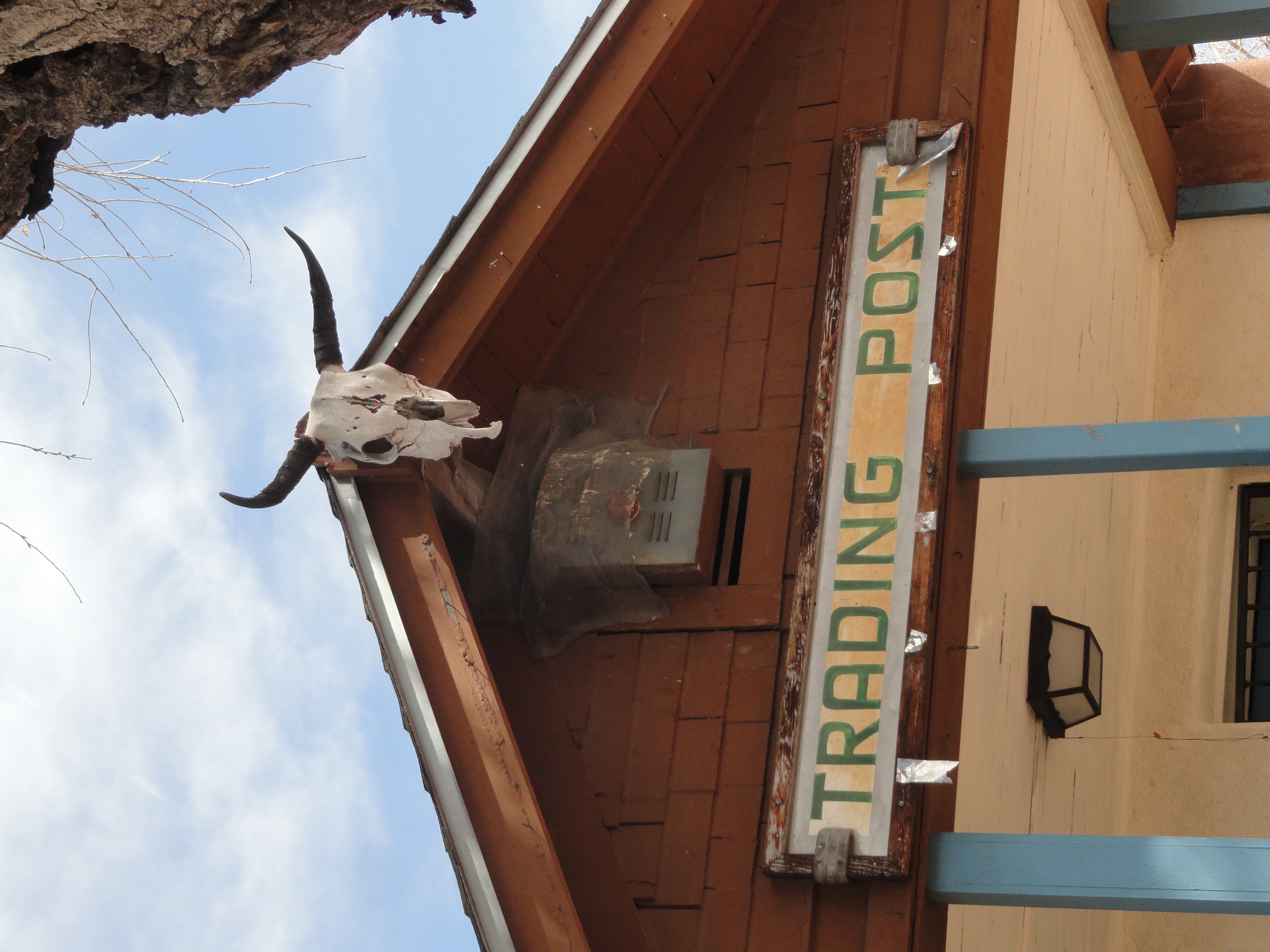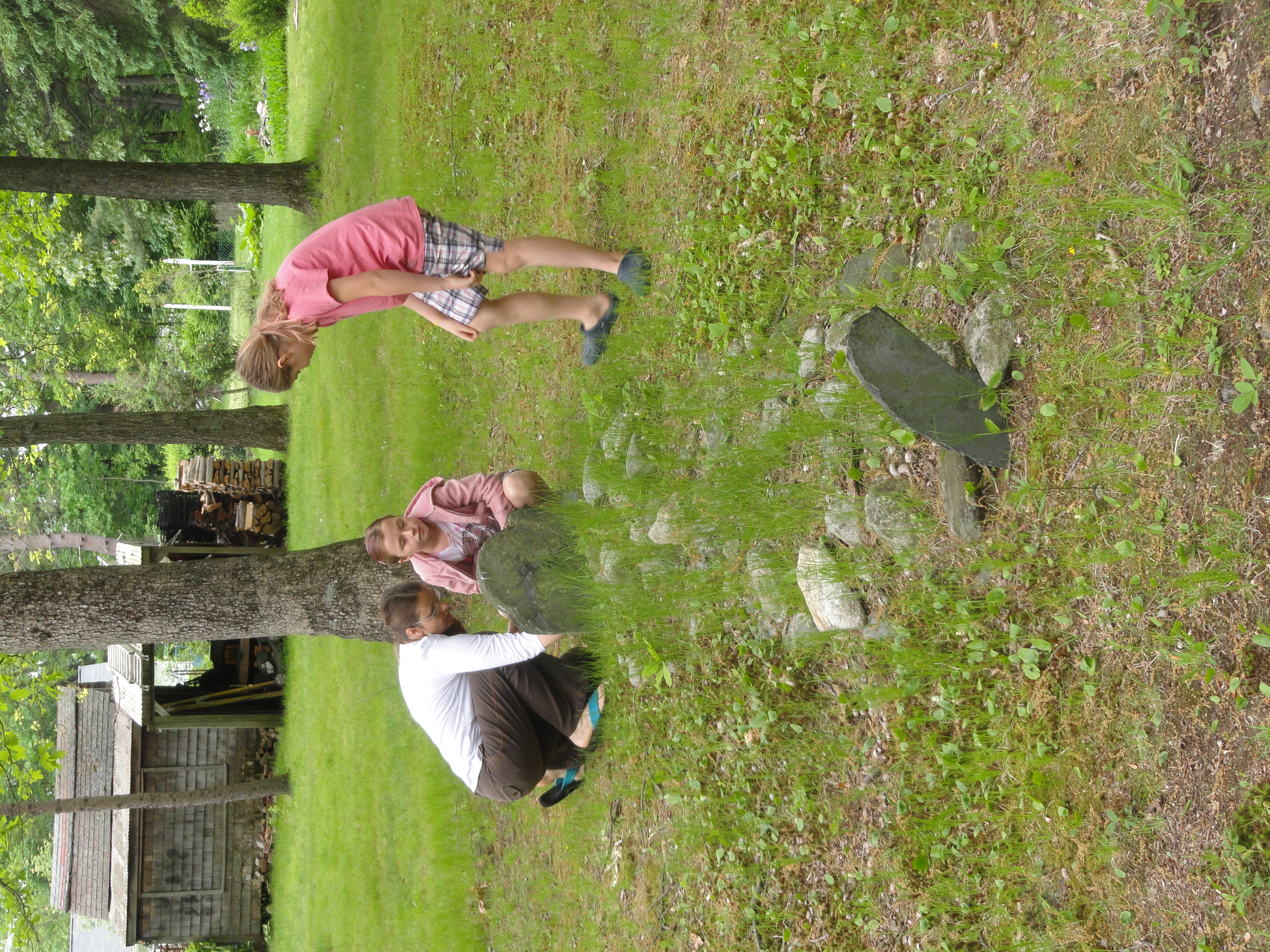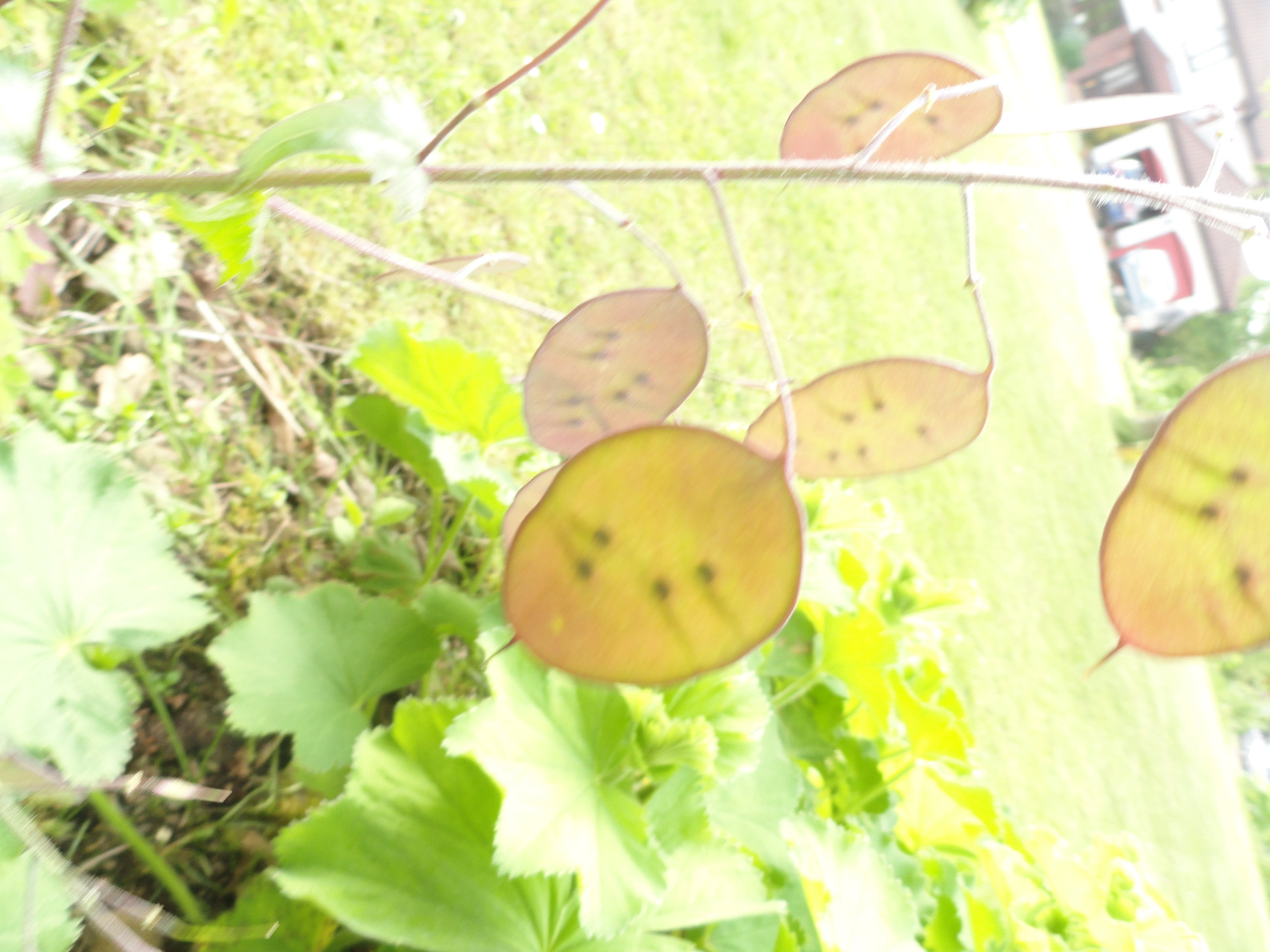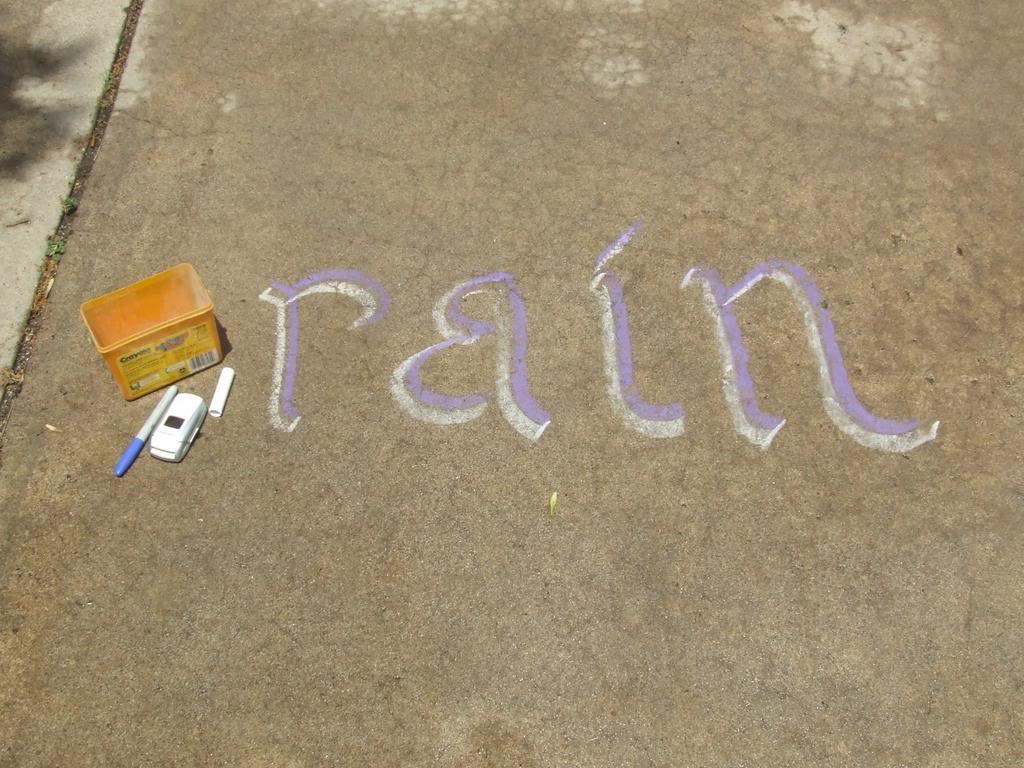
Joyce Fetteroll wrote:
If you look at school and curriculum objectively rather than the fonts of knowledge they're touted to be, it's easier to see how hugely limiting they are.
Kids are stuck inside memorizing facts about life and the world from someone predigested facts about it.
Unschooled kids are out in the world learning as humans are designed to learn: by gathering in what they observe and pulling understanding from it.
Schooled kids lives are limited. Unschooled kids lives are as big as the world around them. And with the internet and TV, that's practically infinite!
—Joyce Fetteroll
photo by Sandra Dodd






